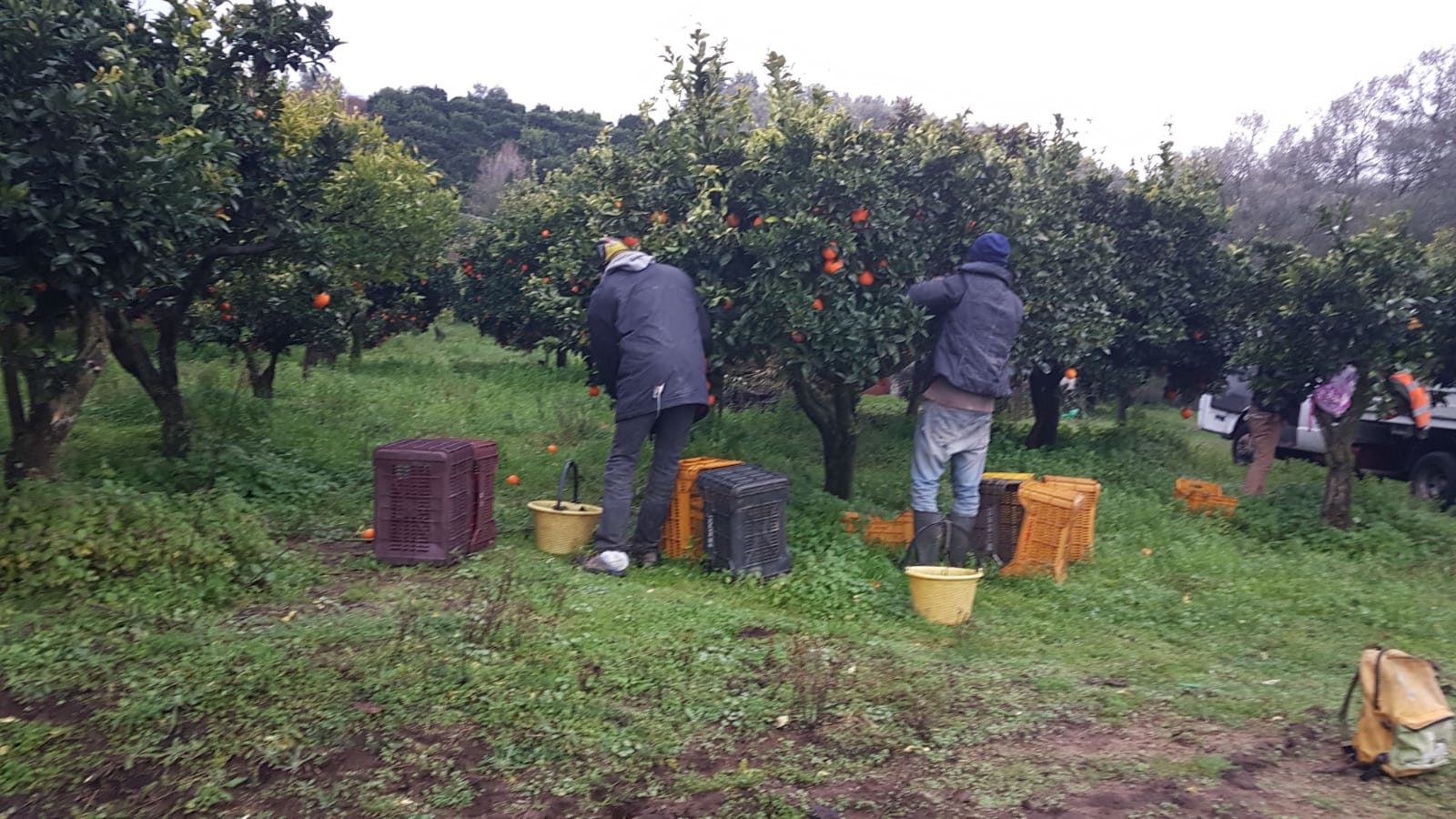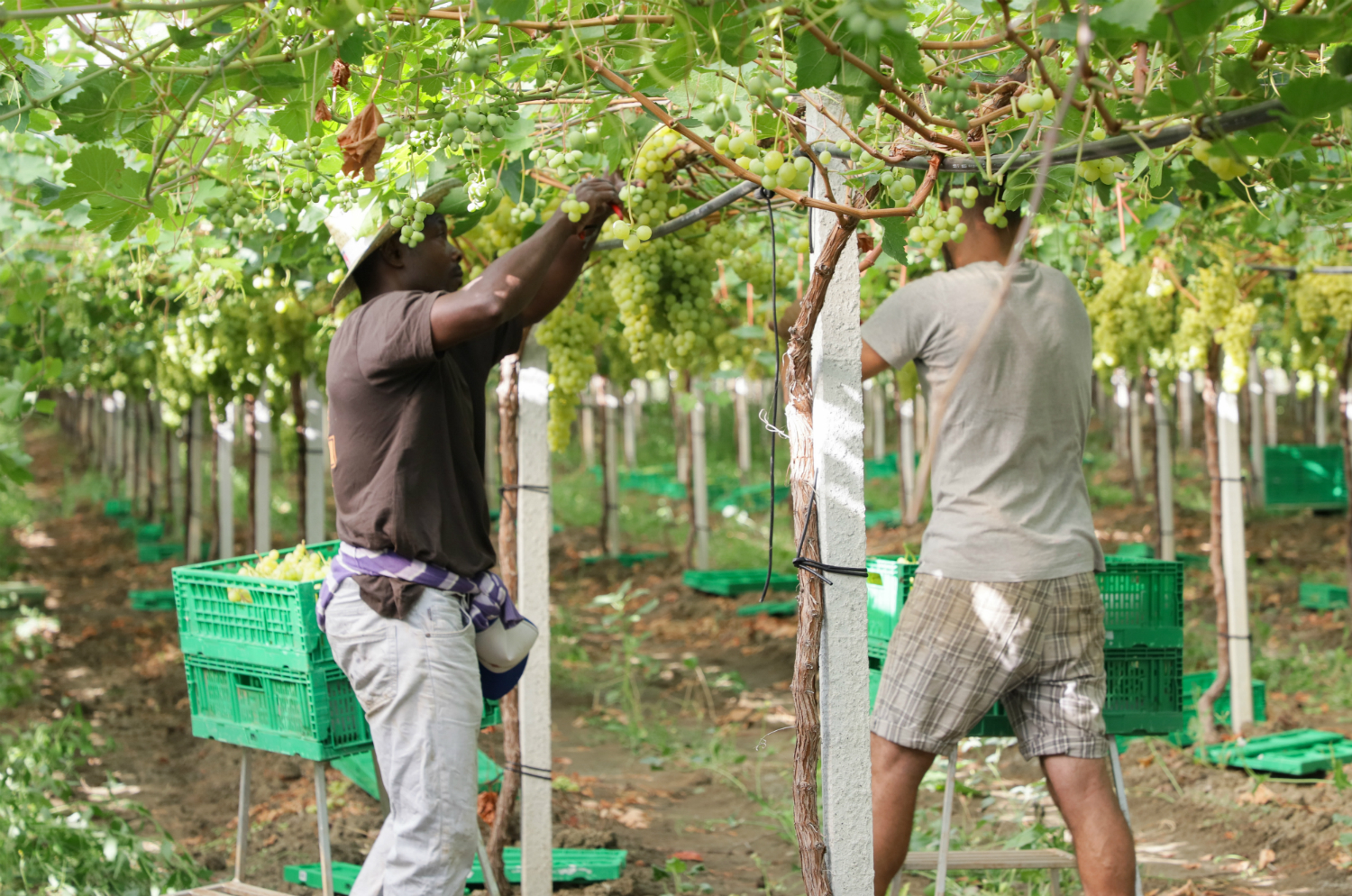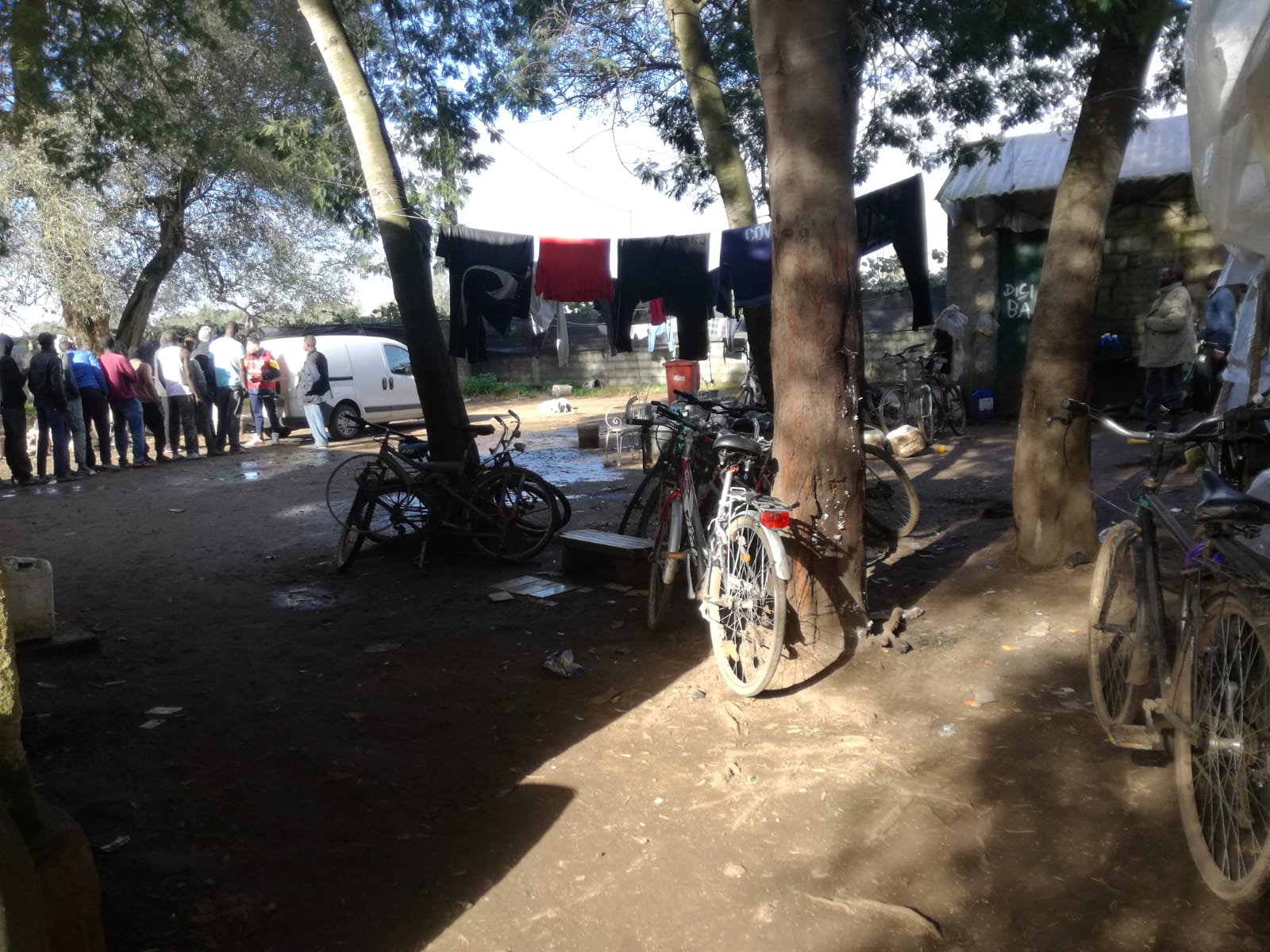Premise
The context of the most recent period highlights the dramatic spread of the criminal phenomenon of the exploitation of workers in conditions of need and need, the so-called “caporalato”, favored not only by the economic crisis, but also by the growing number of immigrants escaping from hunger, famine, persecution and wars.
Unfortunately, some unscrupulous entrepreneurs exploit these conditions to make substantial illicit proceeds that feed a major business turnover.
The caporalato is widespread throughout the Italian territory: in addition to the southern regions of Italy (Basilicata, Campania, Calabria, Puglia and Sicily), there is a strong explosion of the phenomenon in the Center North, in particular in Piedmont, Lombardy, Emilia Romagna, Tuscany, Veneto and Lazio, and it is not difficult to imagine that, agriculture is the enormous reference tank for the caporali.

The relevance of the phenomenon is due to the seasonal nature of the agricultural activity and the strong use of day labor; factors that have not been contrasted by the measures of regularization of foreigners or regulation of atypical work. These instruments did not actually result in a sufficient reduction in the use of non-regular labor.
Therefore, in order to contrast the phenomenon of undeclared and irregular work, alongside the intensification of controls and the tightening of the sanctions system for exploitation cases, it is essential to favor a path of emergence of legality also through a system of promotion of virtuous companies and greater support measures for workers.
Overview on caporalato and its evolution
The term “caporalato” refers to a very ancient system of organization of temporary agricultural work, carried out by laborers inserted into working groups of variable size.
The “caporale” has the task to find the right manpower, to conduct it on the workplace and to direct it during the working activity: it acts in fact as a real mediator of manpower that, in some cases, also takes charge of governing the activity, according to the requests of the agricultural entrepreneur.
Currently, also as a result of the economic crisis and the collapse of agricultural prices, the phenomenon of caporalato is progressively degenerated, turning into an activity aimed at avoiding the discipline at work, with low-cost exploitation of labor. Workers work unlawfully and illegally without receiving the contractual rates on minimum wages and without payment of social security contributions.

The rules against caporalato
The disciplinary framework is based on three different levels of severity:
- reduction in slavery (and related crimes)
- labor intermediation (603 bis of the Criminal Code)
- serious exploitation referred to art. 22 paragraph 12 quater, Legislative Decree n.286/1998
Against the exploitation of workers and the phenomenon of illegal hiring, FLAI CGIL and CGIL reached an important first result in 2011 with the recognition of caporalato as a criminal offense and the punishment of illicit brokering labor (Article 603 bis of the Criminal Code).
But the most extraordinary result is represented by Law n. 199/2016 which rewrites the art. 603 bis of the c.p. in a logic of organic harmonization of the various norms on the subject, and reinforces the work of contrasting the phenomenon of the corporal.
The three fundamental points of the law 199/2016
The law focuses on the illicit accumulation of wealth by those who exploit the workers in order to profit from them, in violation of the most basic rules that protect workplace safety, as well as the fundamental rights of the person.
Here is what changes in three points with the new law that will serve to combat with effective and adequate tools the phenomenon of hiring and the exploitation of labor in agriculture:
- punishment from 1 to 6 years of imprisonment and fines from 500 to 1,000 Euros (for each recruited worker) for anyone who recruits labor to work at third parties under exploitation conditions, taking advantage of workers’ needs, or uses, hires or employs labor, also through illicit brokering: the law modifies the art. 603 bis of the Criminal Code by setting up the crime of illegal brokering of labor and exploitation of labor, no longer only for caporali, but also for employers;
- introduction of the exploitation index: a condition of “exploitation” of the worker is determined when one or more of the following conditions occurs: repeated payment of the salary in a manner that is clearly different from the provisions of the employment contracts, repeated violation of the relative legislation working hours, violation of the rules on safety and hygiene in the workplace, subjection to degrading housing conditions;
- confiscation of the things used to commit the crime or the goods in the availability of the guilty: the law introduces the articles 603 bis 1 and 603 bis 2 in the Criminal Code which provide for a mandatory confiscation procedure in the event of conviction. As an alternative to the seizure, if the interruption of the activity could result in negative repercussions on employment levels or compromise the economic value of the company complex, the judicial control of the company is ordered.

Furthermore, the law on the Quality Agricultural Work Network (Law No. 116/2014) has been amended:
- Only companies that apply the collective labor contracts of the sector can register for the Network;
- The employment centers may join the network through special agreements;
- The Network is articulated at a territorial level based on CISOA, which are assigned tasks to formulate the indicators of consistency of corporate behavior, ensure a modulation at the territorial level of employment services, promote forms of organization of transport of workers up to at the place of work.
After the introduction of the crime of illegal brokering of labor, the approval of more effective assessment tools such as the exploitation index and the provision of prison sentences also for employers who use the caporali, represents an important completion of the framework legislation that protects labor rights and intends to combat all forms of exploitation.
In this sense, even the changes made to the discipline of the Agricultural Work Network allow, through the intersection of demand and supply of work in a public place, to light a beacon of legality and transparency on the context of desperation and exploitation that generates undeclared work.
